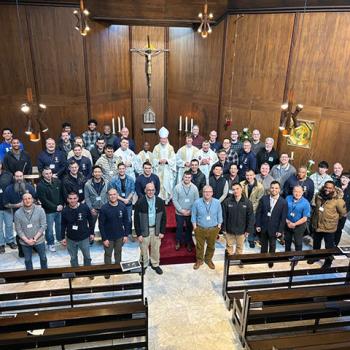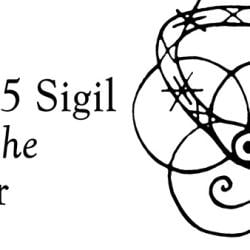When the world reveals itself as God's creation, when something reveals itself as uniquely itself, when I encounter another person as both other than me and a person, my experience of the world as merely technological is interrupted. By showing us a God beyond our mortal world, religion makes all these revelations possible.
Perhaps put too simplistically, Heidegger's answer to the problem of technology is the beautiful. If we can be saved, the beautiful will save us from a world that threatens to annihilate humanity, whether by nuclear burst, by environmental disaster, by turning us all into things in reserve for use in circulating powers, or by some combination of those possibilities.
But Jews and Christians reply that it isn't only the beautiful that can interrupt the truth of technology to reveal a prior, deeper truth. Salvation from technological disaster comes in the conjunction of the true, the beautiful, and the good—types of the True, the Beautiful, and the Good.
Grace, that which is good for nothing but itself, is the word that Heidegger has overlooked but that we must remember, not merely by keeping it in mind, but by instantiating the recognition of its appearance in the world through our lives as God's children.





